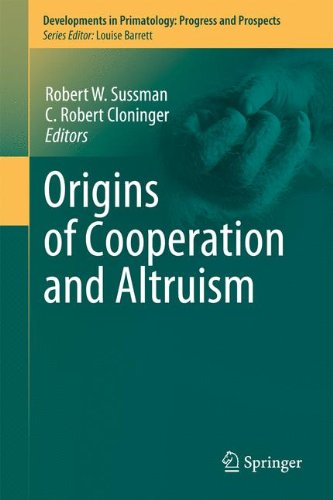

Most ebook files are in PDF format, so you can easily read them using various software such as Foxit Reader or directly on the Google Chrome browser.
Some ebook files are released by publishers in other formats such as .awz, .mobi, .epub, .fb2, etc. You may need to install specific software to read these formats on mobile/PC, such as Calibre.
Please read the tutorial at this link: https://ebookbell.com/faq
We offer FREE conversion to the popular formats you request; however, this may take some time. Therefore, right after payment, please email us, and we will try to provide the service as quickly as possible.
For some exceptional file formats or broken links (if any), please refrain from opening any disputes. Instead, email us first, and we will try to assist within a maximum of 6 hours.
EbookBell Team

4.7
26 reviewsThis book is derived from a conference held at Washington University, March, 2009. Authors include academics from around the world and across multiple disciplines – anthropology, psychiatry, human evolution, biology, psychology, religion, philosophy, education, and medicine – to focus on the evolution of cooperation, altruism, and sociality and possible factors that led to the evolution of these characteristics in non-human primates and humans.
.
The traits of altruism and cooperation often are assumed to be among humanity's essential and defining characteristics. However, it has been difficult to account for the origins and evolution of altruistic behavior. Recently, scientists have found data on cooperative behavior in many animal species, as well as in human societies, that do not conform to evolutionary models based solely on competition and the evolutionary drive to pass on selfish genes. In this volume, recent debates about the nature and origins of cooperative behaviors are reviewed. The hypothesis that unselfish cooperative behavior has evolved in animals that live in social groups is discussed. Many of the mechanisms that primates and humans have evolved for protection against predators, including cooperation and sociality are explored.
Social animals, including primates and humans, are not forced to live socially but do so because it benefits them in numerous ways. Through natural selection, primates and humans have developed areas of the brain that respond with pleasure and satisfaction to being cooperative and friendly, even if cooperation involves personal sacrifice. Data are presented supporting the idea that the normal pattern for most diurnal primates and for humans is to be social. Selfishness and aggression are expressions of adaptive responses that are well-regulated in mature and healthy people with the benefit of mechanisms of social evolution in primates. People become non-cooperative and express antisocial behavior as a result of faulty or incomplete development of their natural potential for cooperation and altruism. It is human nature to want to work together and cooperate. A hypothesis is developed and explored that positive social interaction is related to well-being in both non-human primates and in humans.